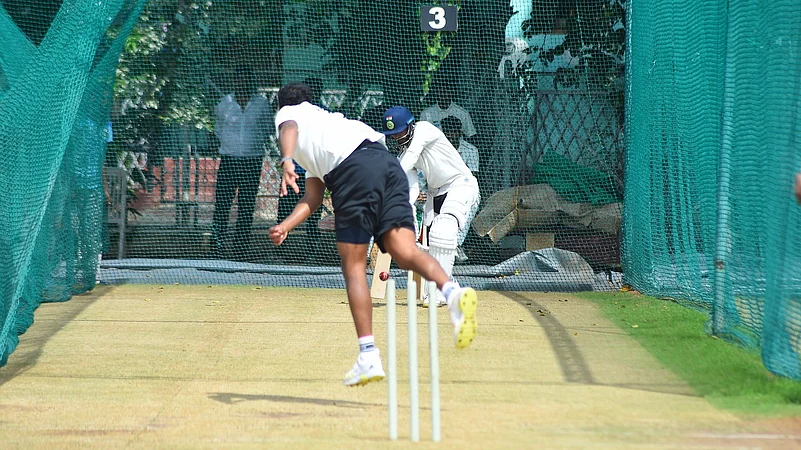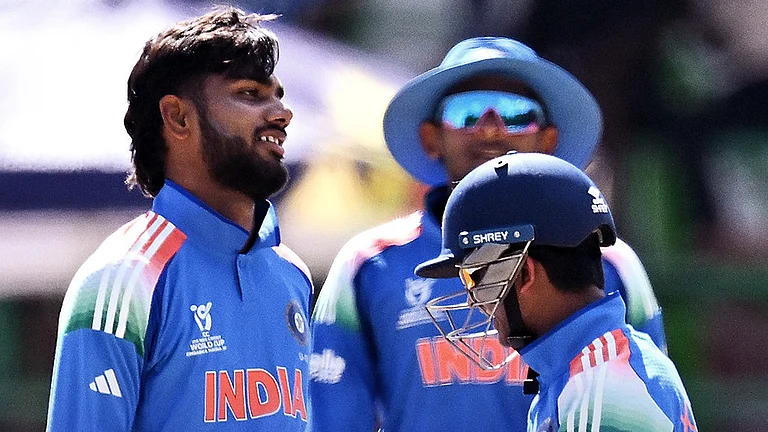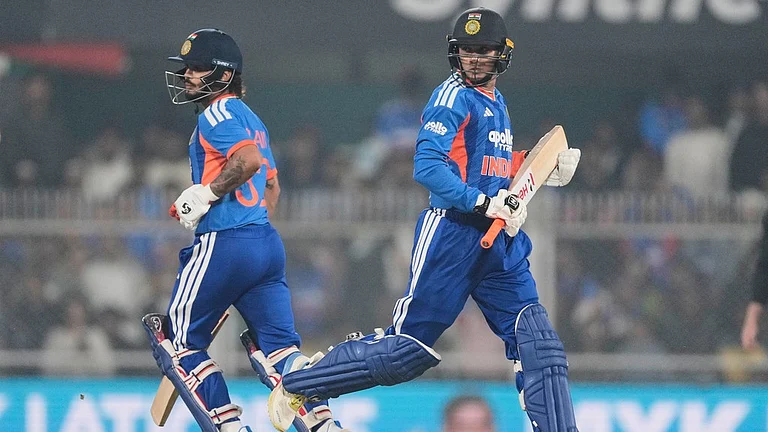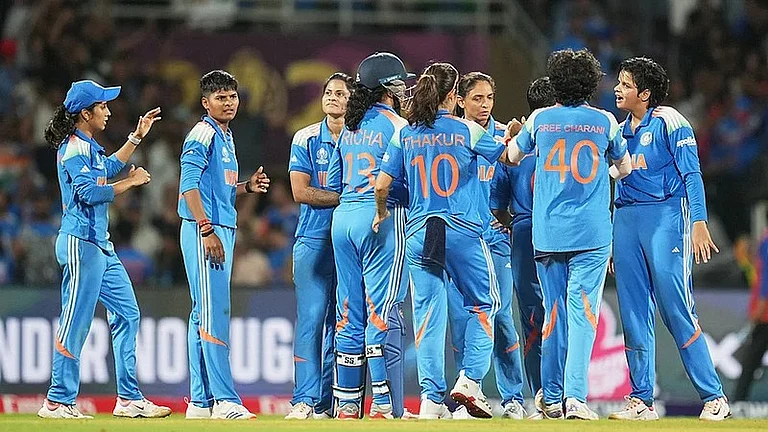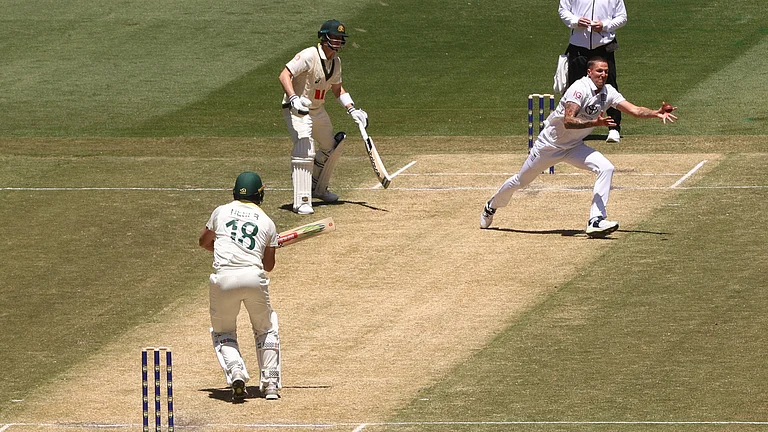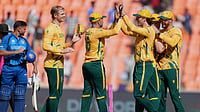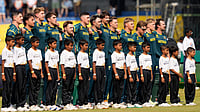As the 2024 edition of Duleep Trophy kicked off on Thursday (September 5), those following the opening-day action might have been surprised by how the match between the Shreyas Iyer-led India D and Ruturaj Gaikwad's India C began in Anantapur. (More Cricket News)
Thirteen wickets fell inside the first 65 overs, with India D skittled for 164 runs in 48.3 overs and India C in a spot of bother at 40/3 (at time of writing) in response. On top of that, nine of the 12 wickets to go to bowlers (one run-out) were picked up by seamers.
The unusual sight of pacers calling the shots in Indian domestic cricket is not that unusual, if we look at the history of the venue. Before the Duleep Trophy clash, a total of 15 seam bowlers had their names etched on the honours boards at Anantapur’s ACA ADCA ground by picking up five or more wickets. In contrast, just one spinner (KJ Appanna in 2006) has claimed a five-wicket haul so far.
Five of the six Duleep trophy matches to be played this season are scheduled in Anantapur, and just one in Bengaluru - currently underway between Shubman Gill's India A and Abhimanyu Easwaran's India B.
The M Chinnaswamy Stadium is known as a batter-friendly venue, and despite a flop show in the first innings by accomplished batters like Yashasvi Jaiswal, Easwaran, Sarfaraz Khan and Rishabh Pant, India B were rebuilding thanks to a splendid rear-guard partnership between centurion Musheer Khan (105 not out) and Navdeep Saini (29 not out). Seamers Akash Deep, Khaleel Ahmed and Avesh Khan had smared two wickets apiece.
Coming back to Anantapur, the choice of holding most of the matches there assumes significance ahead of India's crucial four-match Test tour of Australia. As pacy and bouncy pitches will welcome Rohit Sharma's men Down Under, the national selectors might be keen to assess how India's first-choice batters and the fast-bowling battery backing up Jasprit Bumrah, Mohammed Siraj and Mohammed Shami performs at the unconventional Andhra Pradesh venue.
Rural Development Trust (RDT), a local NGO, reportedly set up the Anantapur Cricket Ground and RDT’s wish to innovate led to a ground bearing traits of Perth and Adelaide -- widely known to be among the most pace-friendly pitches in the world -- according to an Indian Express report.
“We wanted to experiment with something different and not have the same kind of wickets most of the country has. Since we were a small centre, we could afford that risk, unlike the cities. We tried to use the Australian and South African pitch construction methods. It is hard to find the right kind of soil and the necessary stuff. But we decided to be bold and courageous,” Moncho Ferrer, the director of programmes at RDT was quoted as saying in the report.
“The Hybrid Bermuda selection 1-grade grass we have for the pitches and the outfield was bred in Australia. It survives temperatures up to 70 degrees,” Madhu Achari, pitch curator and secretary of Anantapur District Cricket Association (ADCA), was quoted as saying in the report.
“The climate is generally scorching here, touching high 30s to 40 degrees. We have used pure black soil from Amalapuram near Kakinada, about 850 kilometres away. We got them scientifically tested, and the reports showed similarity to the conditions of Perth and Adelaide. Compared to other pitches in India, the difference here is the high clay content in the soil. The clay makes up nearly 65 per cent of the pitch, five per cent of sand, and the rest is silt,” Achari added.
Sure enough, the speedsters have been ruling the roost ever since, and by the end of the Duleep Trophy games, we might have a clearer picture of batters and bowlers equipped to make the cut for the Australia tour.






